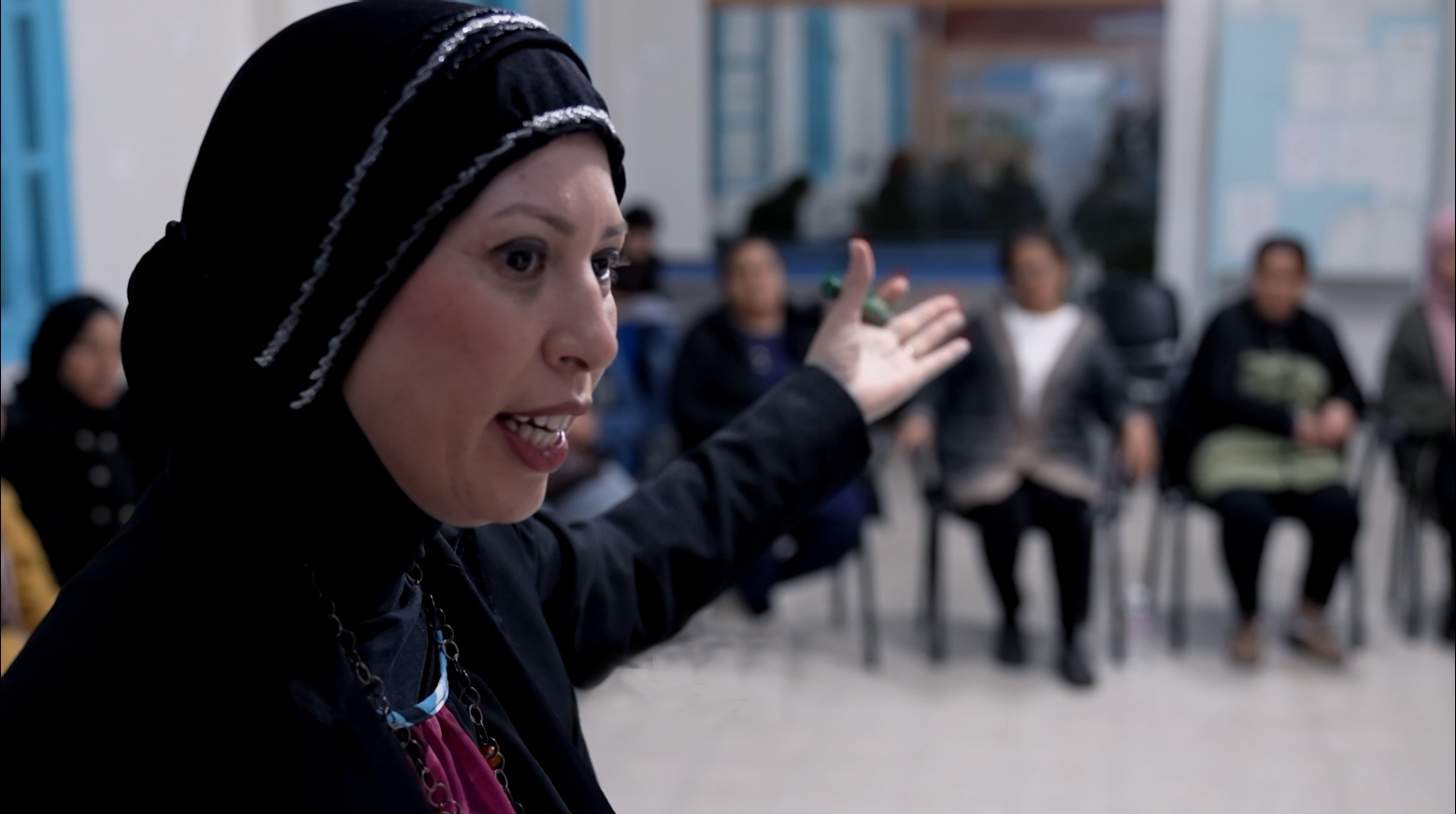GCERF Marks November 25th – the UN International Day for the Elimination of Violence against Women and Girls
GCERF Marks November 25th – the UN International Day for the Elimination of Violence against Women and Girls

GCERF CALLS FOR AN END TO ALL FORMS OF VIOLENCE AGAINST WOMEN AND GIRLS
Geneva, 25 November 2023: The UN estimates that almost one in three women and girls experience physical and/ or sexual violence at least once in their lifetime.[i] While effort must be made every day to eradicate violence against women, GCERF joins international partners marking November 25th as the UN International Day for the Elimination of Violence against Women and Girls and calls for an end to this violence in all its forms.
To mark the date in 2023, the UN has urged countries and the international community to ‘Invest to Prevent Violence Against Women and Girls’, a message which resonates strongly with GCERF’s effort to invest in community resilience and peacebuilding, including specific investments in initiatives to support women and girls.
Civil society organisations supported by GCERF are, for example, providing safe spaces to those impacted by violence, fostering peaceful and tolerant behavior within communities, teaching critical thinking skills to young women and men, reinforcing the position of women as participants and leaders deserving of respect within their communities, and providing rehabilitation and reintegration support to women returning from extremist conflict settings who have often experienced significant violence and trauma.
While these initiatives aim to build resilience against violent extremism— GCERF’s mandate— they are also powerful levers to prevent violence against women and girls, or to provide safe havens and psychosocial support to survivors of violence.
“Today the overall focus of the session was that violence is not a given thing,” says Insaf Abbasi, a psychologist leading a session of ‘Le Cercle d’Ecoute’ (The Listening Circle), a counseling and safe space project funded by GCERF, for women experiencing domestic violence in Ksar Said, Tunis. The neighborhood is considered at high risk of violent extremism, and experiences of domestic violence heighten the vulnerability of women to being manipulated and radicalised. “We have to say no to this assumption,” she explains “and then build on this in later sessions.”
32% of women and girls in Tunisia have experienced gender based violence.
GCERF’s experience reveals overlaps in the circumstances and dynamics which cause violent extremism and those which can lead to violence against women. In contexts where GCERF works for example, men who are radicalised may be more prone to see women as subservient and to perpetrate violence against them. Generally speaking, societies or movements that glorify violence are more prone to commit and accept psychological or physical violence against individuals.
For both men and women, witnessing ongoing domestic violence may normalise it, inuring them to violence as a ‘way of life’ at home, within societies, or carried out by global extremist movements. Furthermore, in the absence of any mitigating effort or psychosocial support, traumatic life events can create a vicious cycle and may drive individuals towards radicalisation especially when compounded by a sense of hopelessness, anger, or fear of harm.[ii]
GCERF echoes the United Nations’ call for stronger collective commitment and redoubled investments to end violence against women and girls globally. A multi-pronged approach is needed: one of strengthening policies, legal protection and redress available to women at the societal level; this is the responsibility of governments and administrative bodies. At the community level, expanded investment is needed for civil society organisations such as those GCERF is proud to support, who bring to bear the specific insights and expertise needed to drastically reduce the incidence of violence against women and girls, until this gross violation of human rights is eradicated once and for all. Only by supporting their vital work in countries around the world can we achieve our common goal of ending violence against women and girls.
47% of individuals reached directly by GCERF-funded initiatives are women.
